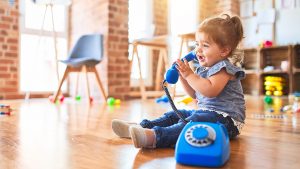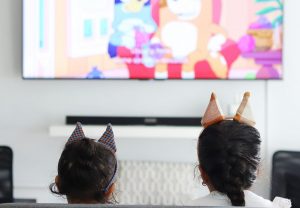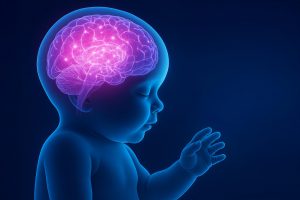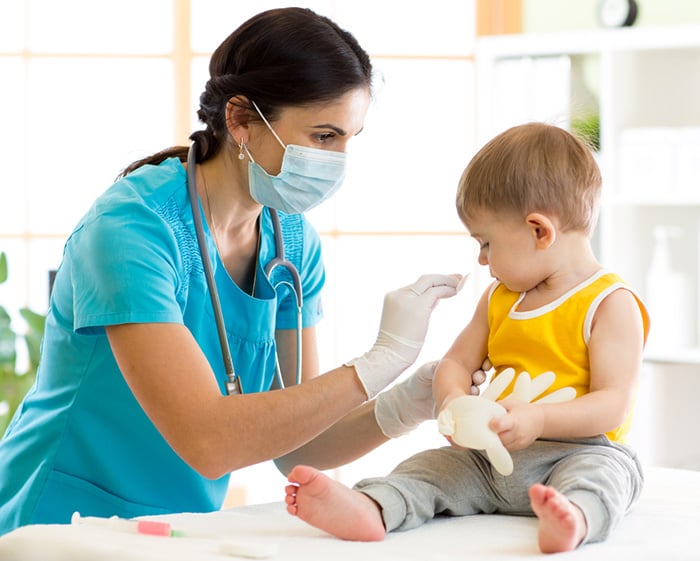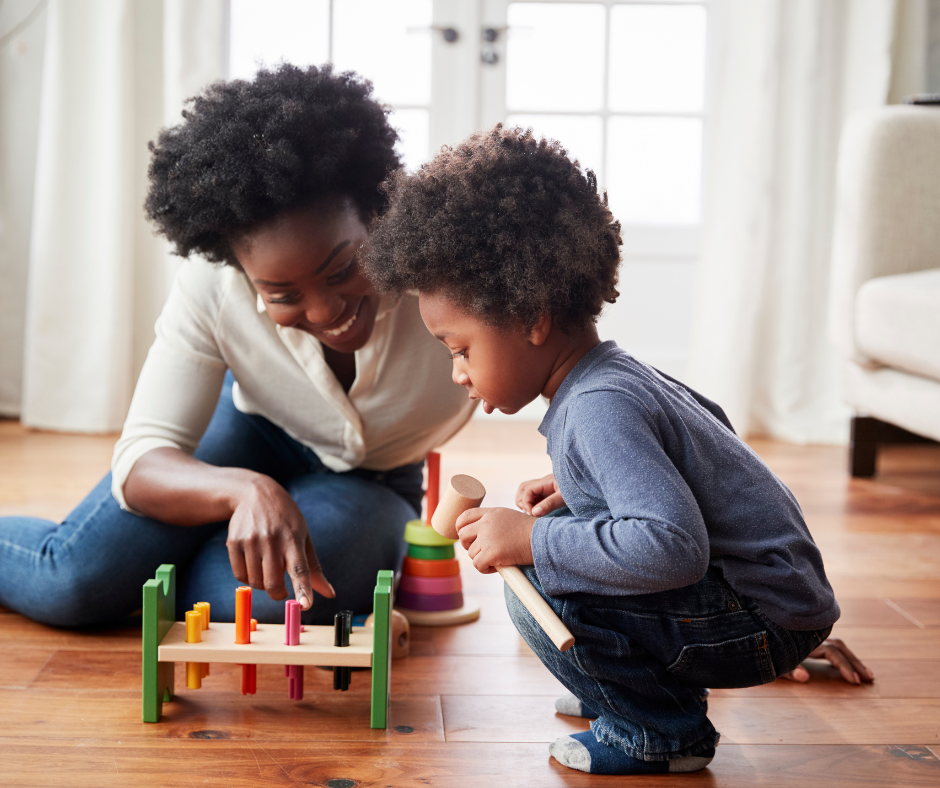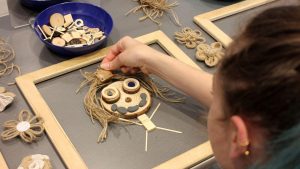
Loose parts play is a free form play where children are given open-ended materials, that can be very beneficial for their cognitive development. Loose parts play involves various toys and materials that children can use in combination or isolation like cardboard, sticks, sand, and beads. These items are typically not intended for play, but children figure out different ways they can use them in their play, which is how loose parts inhibit their creativity and cognitive development. Play provides opportunities for intrinsic motivation which is important for long-term academic and personal success. Structured learning is usually dependent on external rewards, whereas play allows children to be driven by their own curiosity and interests.
Researchers have found that it has helped with children’s problem-solving, creativity, academic skills (reading and math), and both convergent and divergent thinking. One study found that children who played with more natural and creative materials performed better in evaluated problem-solving and language skills. Another study determined that divergent play materials led to originality and fluency in problem-solving, whereas convergent materials led to strategic and task-focused problem-solving. These findings are only some of the many discoveries that researchers have made about the positive influences that loose parts have on cognitive development.
If you want to read more, click here!
Angelina Stofka
UConn KIDS, Research Assistant

